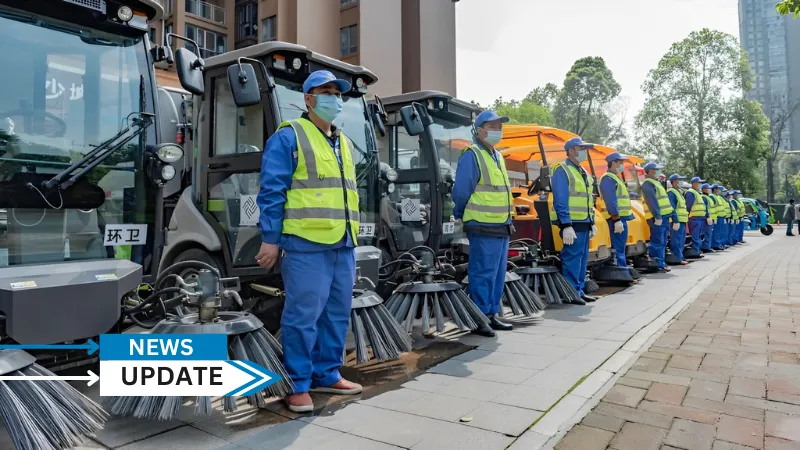
The Asian Development Bank (ADB) signed a $50 million loan (in yuan equivalent) with Canvest Environmental Protection Group Company Limited (Canvest) to promote efficient municipal solid waste management and waste-to-energy (WTE) in the People’s Republic of China (PRC).
Read also – ADB’s $80 Mn Project to Enhance Access and Quality of Secondary Education in Cambodia
ADB’s funding will help Canvest develop, construct, and operate a WTE plant at Huizhou City in Guangdong province, and to expand municipal solid waste management services in Quyang County in Hebei province.
Read also – PIF and Google Cloud to Create Advanced AI Hub in Saudi Arabia
Canvest provides a range of services across the municipal solid waste value chain including cleaning, segregation, collection, transportation, sorting, recycling, and energy generation.
“Segregating and recycling solid waste has been a challenge in the PRC, so cities have turned to the private sector for an efficient and integrated approach to waste management,” said ADB Director General for Private Sector Operations Suzanne Gaboury. “However, private sector participation in waste management is still nascent in the PRC. This project can demonstrate the viability of sector while contributing to low-carbon development.”
The PRC is one of the world’s largest sources of municipal solid waste, with a total volume of 244 million tons in 2022 which is expected to reach 332.4 million tons a year by 2025. The project’s WTE plant is expected to treat at least 300,000 tons of municipal solid waste a year, generating at least 93 gigawatt-hours of energy annually. This will help reduce at least 346,700 tons of annual greenhouse gas emissions. The project will also support the annual collection of at least 147,825 tons of waste by 2026.
“Canvest helps cities to better manage their solid waste problem in a more cost-effective and sustainable way. We value ADB’s support in enhancing the environmental, social, and gender impacts of our operations,” said Canvest Chair Lee Wing Yee Loretta. “We are pleased to collaborate with ADB to share with the wider waste management community the benefits of integrated waste management solutions and the lessons learned.”
Established in 2003, Canvest is a leading provider of waste management services in the PRC. As of June 2024, the company operated 33 WTE projects, with a total treatment capacity of 43,690 tons per day. Additional projects with a daily capacity of 10,850 tons are under development. Canvest also has 22 municipal solid waste management projects.
ADB is committed to achieving a prosperous, inclusive, resilient, and sustainable Asia and the Pacific, while sustaining its efforts to eradicate extreme poverty. Established in 1966, it is owned by 69 members—49 from the region.
About ADB
The Asian Development Bank (ADB) is committed to achieving a prosperous, inclusive, resilient, and sustainable Asia and the Pacific, while sustaining its efforts to eradicate extreme poverty. It assists its members and partners by providing loans, technical assistance, grants, and equity investments to promote social and economic development.





